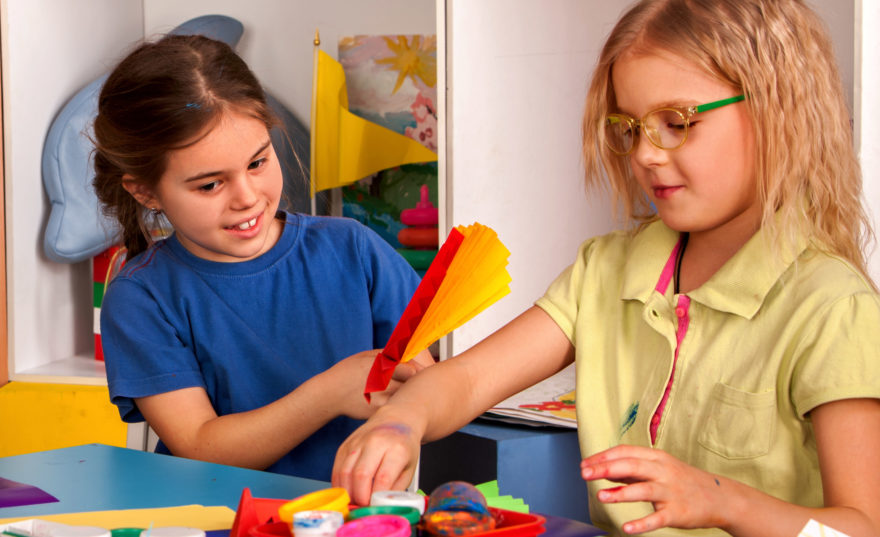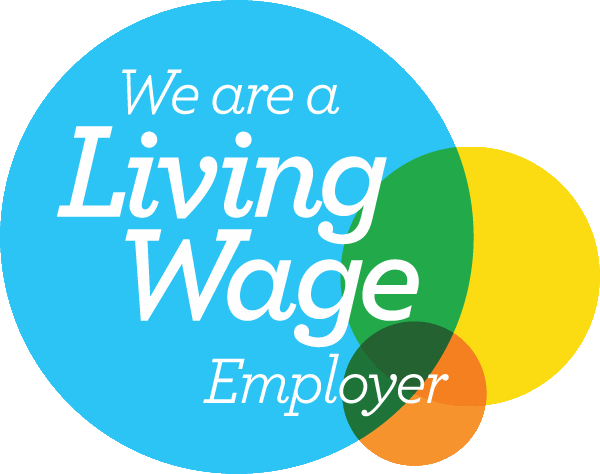The first, very early social communication intervention for infants with high likelihood of autism shows promise to reduce the overall severity of early symptoms and a capacity to positively enhance parent–child social interactions. The parent-mediated social communication intervention, known as the iBASIS-Video Interaction for Promoting Positive Parenting (iBASIS-VIPP), was assessed in a randomised controlled trial and compared to a control, no-intervention group. A total of 54 infants with high likelihood of familial autism were included in the trial and were assessed at four time points: age 9-months (baseline), 15-months (the treatment end-point), and 27 and 39 months (follow-up). Using the Autism Observation Scale for Infants (AOSI), the researchers found that those in the intervention group exhibited reduced severity of early (prodromal) symptoms (such as impaired social reciprocity, imitation, motor, attention and sensory behaviours) in the second and third years of life. The intervention also had a positive impact on parent–infant social communication, as indicated by improvements on the Manchester Assessment of Caregiver-Infant Child Interaction (MACI) and the Dyadic Communication Measure for Autism (DCMA) scales. The researchers are now extending their studies to conclusively determine whether pre-emptive intervention gives added value in terms of autism outcomes and whether this is a valuable area to focus intervention efforts.
Green, J., et al. (2017), Randomised trial of a parent-mediated intervention for infants at high risk for autism: longitudinal outcomes to age 3 years. J Child Psychol Psychiatr, 58:1330-1340 doi:10.1111/jcpp.12728
Glossary
Familial autism: a form of autism caused by the inheritance of genetic risk factors from the parents
Prodromal symtoms: early signs (often non-specific symptoms) that suggest the onset of a disease, before diagnostically specific signs are identifiable
Randomised controlled trial: an experimental setup whereby participants are randomly allocated to an intervention/treatment group or a control/placebo group; randomization of participants occurs after assessments for eligibility, and is used to minimize selection bias



